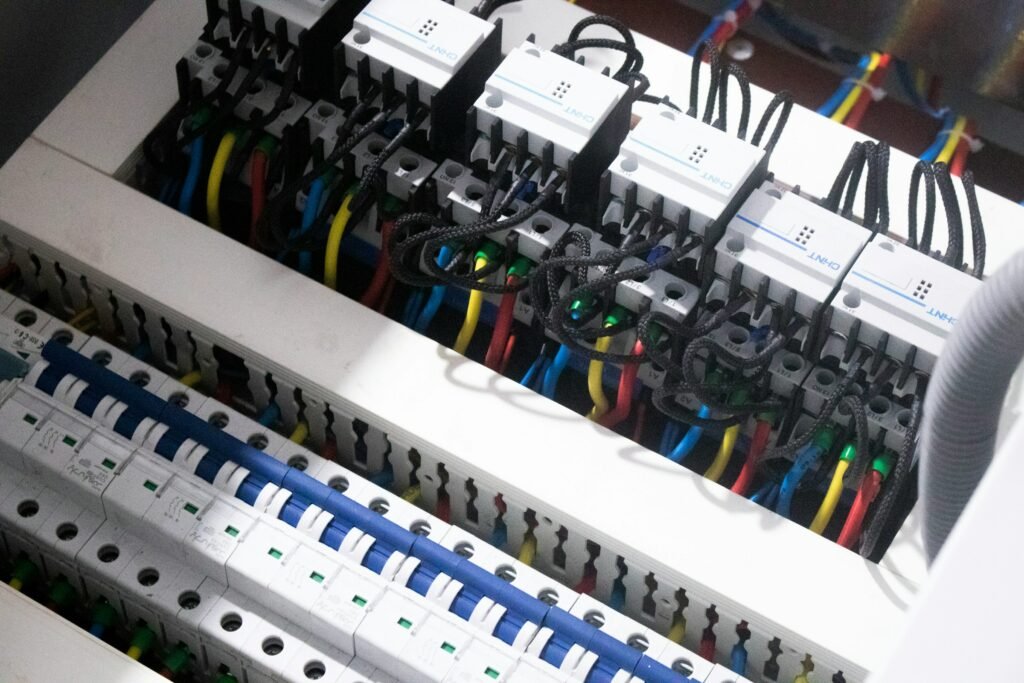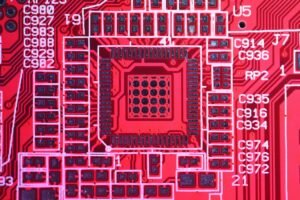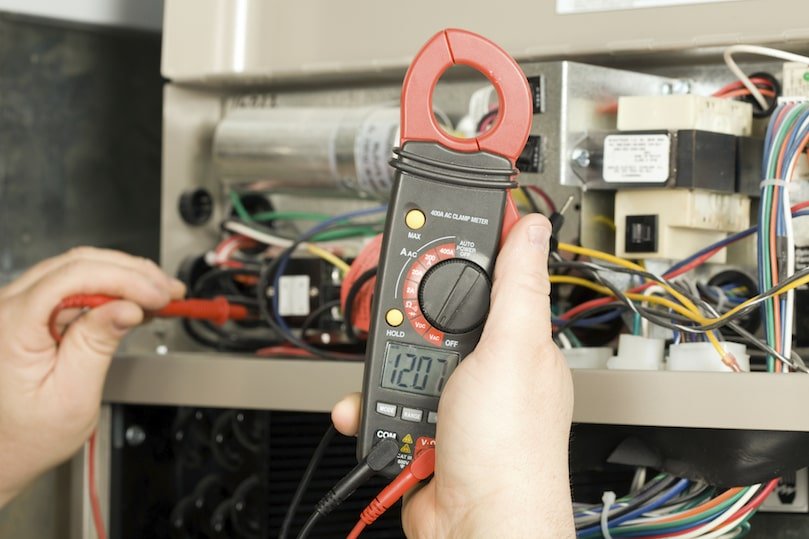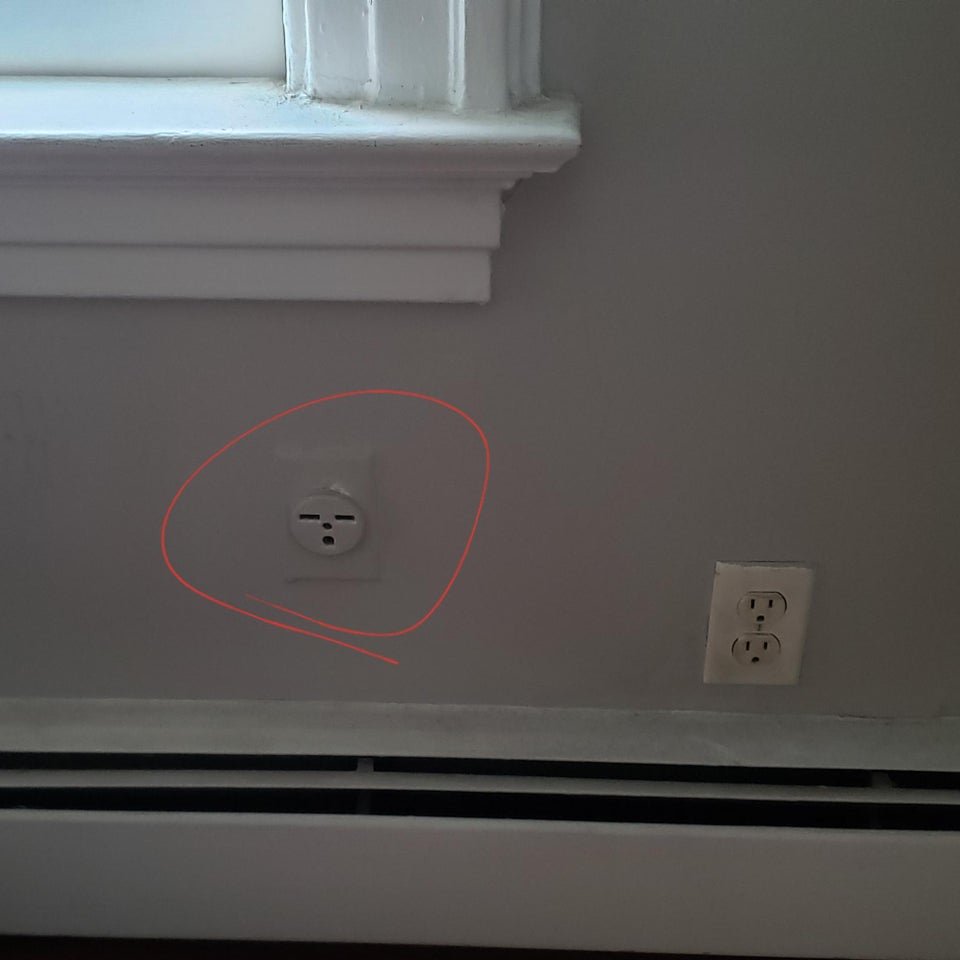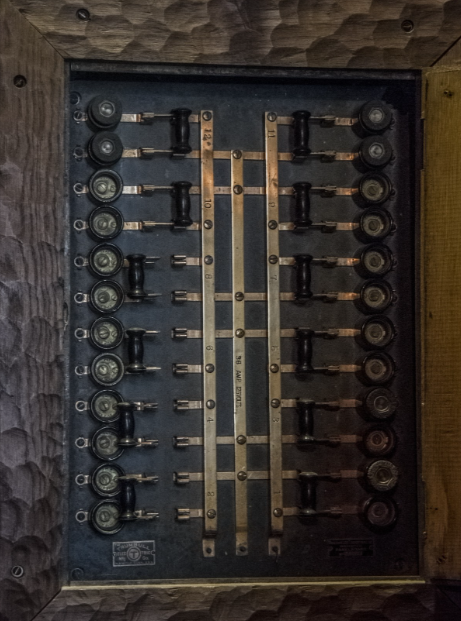Preventative Measures for Electrical Wiring Maintenance
Electrical wiring is the backbone of modern infrastructure, powering everything from homes to businesses. However, without proper maintenance and care, electrical systems can pose serious risks such as fires, electrical shocks, and equipment damage. To mitigate these risks and ensure the safety and longevity of your electrical wiring, it’s crucial to implement preventative measures. In this article, we’ll explore a range of strategies and best practices for electrical wiring maintenance that can help you safeguard your property and occupants.
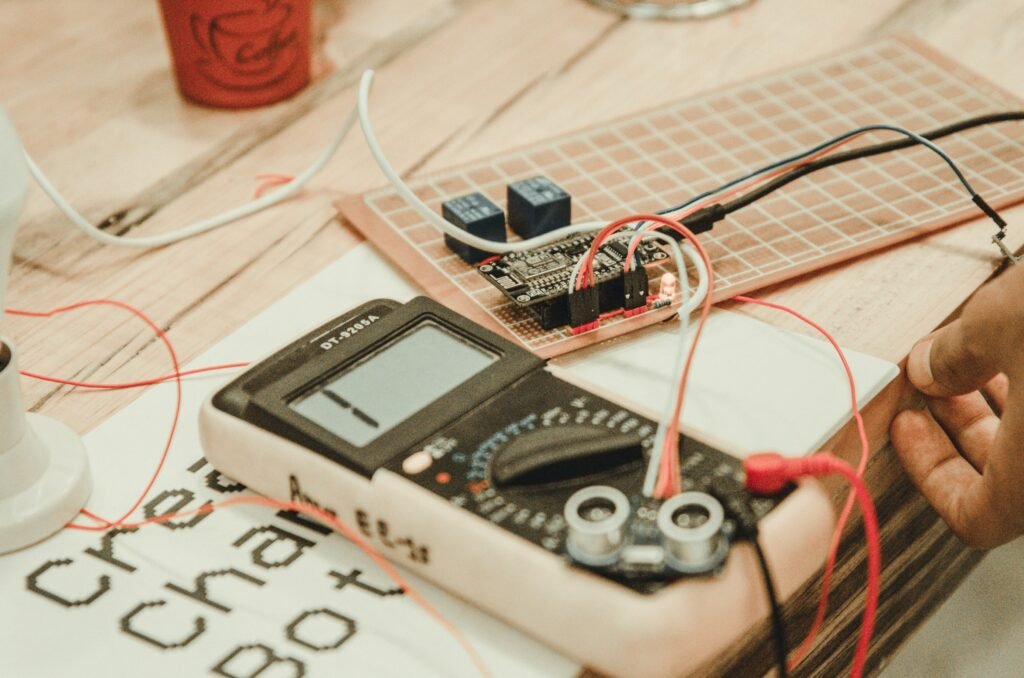
Regular Inspections
Conducting routine inspections of your electrical wiring is paramount. Inspect wiring, outlets, switches, and circuit breakers for signs of wear, damage, or overheating. Look out for frayed wires, loose connections, and scorch marks, as these can indicate potential hazards. Schedule professional inspections annually or bi-annually for a comprehensive assessment.
Invest in Surge Protection
Power surges can wreak havoc on electrical systems, damaging appliances and electronics, and even causing fires. Install surge protectors at key points in your electrical system to safeguard against sudden voltage spikes. Consider whole-house surge protection systems for comprehensive coverage.
Proper Wiring Installation
Ensure that electrical wiring is installed correctly and up to code by qualified electricians. Improper installation increases the risk of electrical faults and hazards. Adhere to safety standards and regulations to mitigate risks and ensure optimal performance.
Keep Wiring Clear of Obstructions
Avoid covering electrical wiring with insulation, rugs, or other materials that could obstruct airflow and cause overheating. Keep wiring accessible for inspection and maintenance purposes, and avoid overloading circuits with too many appliances or devices.
Upgrade Outdated Wiring
If your property has outdated wiring, such as knob and tube or aluminum wiring, consider upgrading to modern, safer alternatives. Old wiring can deteriorate over time, increasing the risk of electrical faults and fire hazards. Consult with a licensed electrician to assess the condition of your wiring and determine the best course of action.
Use Correct Wattage Bulbs
Using bulbs with wattages higher than what fixtures are rated for can lead to overheating and pose a fire risk. Always use bulbs with the appropriate wattage for your fixtures and lamps, and replace any bulbs that flicker or dim irregularly, as these can indicate underlying wiring issues.
Install Ground Fault Circuit Interrupters (GFCIs)
GFCIs are essential safety devices that help prevent electrical shocks in areas where water is present, such as kitchens, bathrooms, and outdoor outlets. Install GFCIs in accordance with local building codes to protect against electrocution hazards.
Practice Good Cord Management
Avoid running extension cords or power strips under rugs or carpets, as this can cause wear and damage to the cords, leading to electrical hazards. Use cord organizers and cable management solutions to keep cords tidy and out of harm’s way.
Educate Occupants
Educate occupants of your property about electrical safety practices, such as avoiding overloading outlets, using appliances according to manufacturer guidelines, and recognizing the signs of electrical problems. Encourage reporting of any issues or abnormalities to facilitate prompt maintenance and repairs.
Emergency Preparedness
Have an emergency plan in place in the event of electrical fires or emergencies. Install smoke detectors and carbon monoxide detectors throughout your property, and ensure that fire extinguishers are readily accessible and in good working condition. Conduct regular fire drills to familiarize occupants with evacuation procedures.
By implementing these preventative measures for electrical wiring maintenance, you can minimize the risk of electrical hazards and ensure the safety and reliability of your electrical systems. Remember, proactive maintenance is key to avoiding costly repairs, downtime, and potential disasters. Stay vigilant, prioritize safety, and enlist the expertise of qualified professionals when needed to keep your electrical infrastructure in optimal condition.
